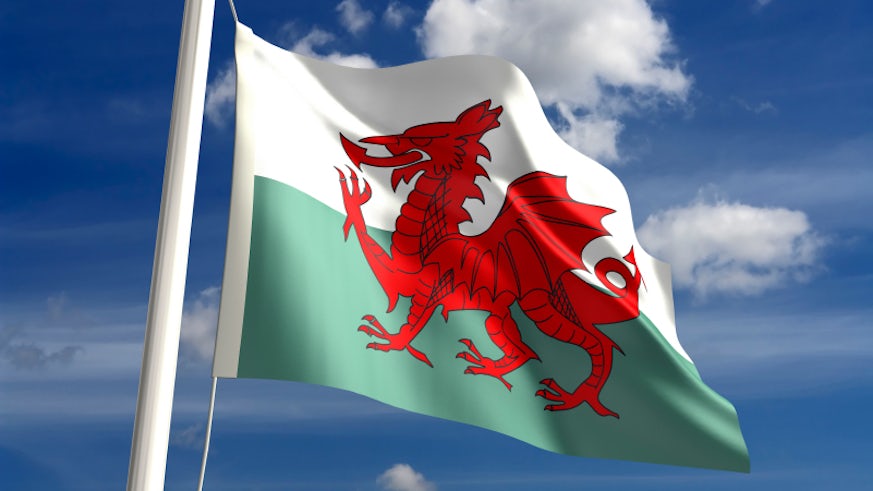UK Internal Market proposals pose ‘serious threat’ to devolved autonomy, says civil society
1 September 2020

The Wales Civil Society Forum on Brexit, a partnership between the Wales Governance Centre and Wales Council for Voluntary Action funded by The Legal Education Foundation, has responded to the UK Government Consultation on the UK Internal Market.
In what has so far proven itself to be yet another Brexit related constitutional crisis, on 16 July 2020 the UK Government launched a four-week white paper consultation on its post-Brexit UK Internal Market proposals.
The response highlights that the proposals, which suggest an unusually broad system of mutual recognition and non-discrimination, are lacking in detail and represent a serious threat to the regulatory autonomy of the devolved nations.
Under the suggested system, goods and services produced in England would be able to bypass Welsh regulatory requirements by virtue of mutual recognition. This principle states that goods lawfully sold in one part of the UK, can be lawfully sold in the other regions without having to comply with local requirements. By way of example, if Wales bans a particular single use plastic product but England does not, then this product could not be produced and sold in Wales, but producers in England would be permitted to sell that product in Wales.
The UK Government narrative that this system represents a ‘power surge’ for the devolved administrations by allowing them to maintain their own approach to regulation while preventing internal market barriers resulting from powers returning from the EU has rightly been strongly denounced, especially in Cardiff and Edinburgh.
Charles Whitmore, author of the response, commented that:
“From a devolved perspective these proposals are problematic in both process and substance. This is a major constitutional reform that procedurally needs far more than a four-week consultation, in the middle of summer, during parliamentary recess, while many stakeholders are busy tackling Covid-19. This may be a symptom of the UK Government’s self-imposed Brexit deadline, but it is doubtful that the scale of the problem being addressed even requires a legislative response of this nature be rushed through prior to the end of transition.
“It is particularly problematic that a system of mutual recognition is suggested, as this is heavily reliant on effective intergovernmental working and trust. Yet not only has the UK been sorely in need of a reformed system of Intergovernmental Relations for a long time, on this specific issue, the UK Government ceased engaging with the Welsh Government prior to launching the White Paper and did not share it with them beforehand.”
The response draws on examples from Australia, Canada and the European Union to argue that the proposals risk substantively cutting across devolved competence and triggering a race to the bottom by creating pressure to lower standards in areas like the environment, food, and animal welfare.
This stems from an overarching lack of consideration in the white paper both on how to balance frictionless internal trade with the value of devolved autonomy, and how to ensure a level playing field for the devolved administrations in the much-needed intergovernmental governance structures. As such, key issues like how exceptions and derogations will be managed, as well as how dispute avoidance and resolution will function, are all absent or insufficiently addressed in the proposals.
They also include a highly controversial direct reversal of devolution by suggesting that the UK Government will legislate to provide that subsidiary control is a reserved matter.
Legislation on the UK internal market is expected in the Autumn, but if the UK Government does not revise its position considerably, it is unlikely that legislative consent will be granted in Wales. If that happens will the UK Government press ahead with plans anyway? Its Brexit track record suggests it could – but this would undoubtedly further sour relationships – a far cry from the trust and cooperation needed for mutual recognition.